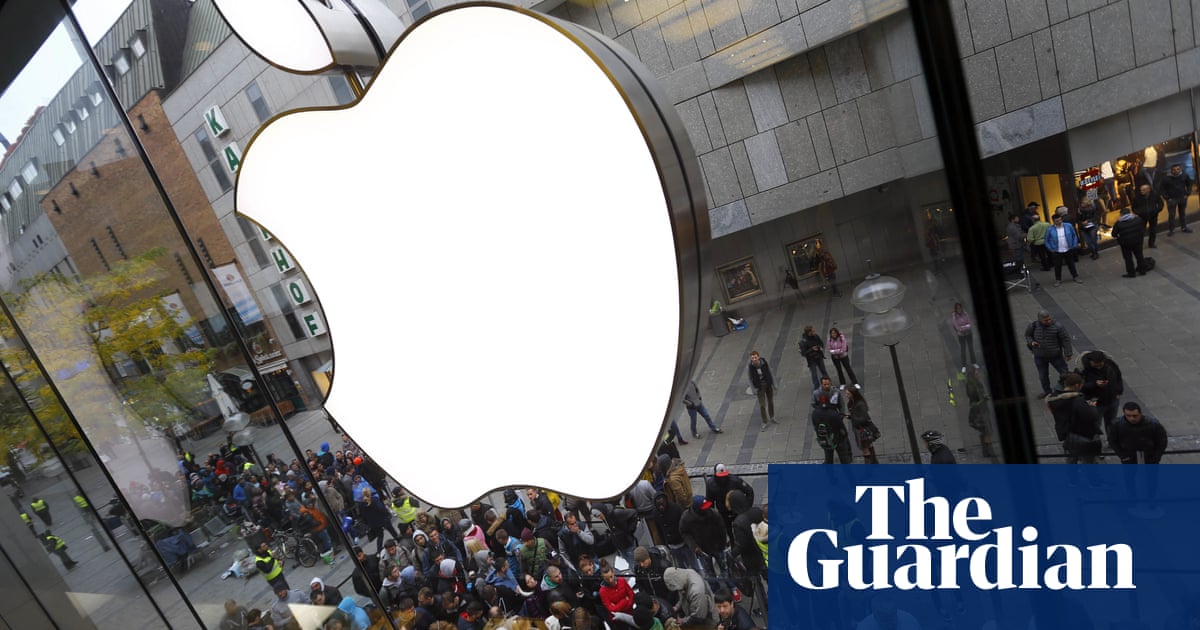
Amazon has won a court battle against the EU over allegations that the US technology company received €250m in “illegal state aid” tax benefits from Luxembourg.
The ruling from Europe’s general court is the latest blow to the EU’s fight against “sweetheart deals” that allegedly allow big multinational tech companies to avoid hundreds of millions of euros in tax in other member states.
The general court ruling overturns a 2017 decision from the European Commission that had ordered Amazon to pay €250m (£215m) in back taxes to Luxembourg.
The court said on Wednesday there was not enough evidence to prove that Amazon had been awarded a special tax deal by Luxembourg in 2006, when the tiny principality convinced the US company to shift its collection of profits across much of Europe to the Grand Duchy.
“The commission did not prove to the requisite legal standard that there was an undue reduction of the tax burden of a European subsidiary of the Amazon group,” the judge said on Wednesday.
At the time of the 2017 decision, Margrethe Vestager, the European competition commissioner, said: “Luxembourg gave illegal tax benefits to Amazon. As a result, almost three-quarters of Amazon’s profits were not taxed.
“In other words, Amazon was allowed to pay four times less tax than other local companies subject to the same national tax rules. This is illegal under EU state aid rules. Member states cannot give selective tax benefits to multinational groups that are not available to others.”
It is the second time that the general court has overturned a multinational tax avoidance ruling by Vestager.
Last year the EU’s second highest court told Apple it did not have to pay Ireland €13bn in back taxes, stating that the commission had been wrong to declare that Apple “had been granted a selective economic advantage and, by extension, state aid”.
Amazon said on Wednesday that it welcomed the decision, and said it had a “longstanding position that we followed all applicable laws and that Amazon received no special treatment”.
The company added in a statement: “We’re pleased that the court has made this clear, and we can continue to focus on delivering for our customers across Europe.”
Chiara Putaturo, Oxfam’s EU tax expert, described the general court ruling as a blow to fair play. “It shows again that case-by-case investigations do not solve large-scale tax dodging,” she said. “The pandemic is pushing people into poverty, while pandemic profiteers, like Amazon and Jeff Bezos, continue to see their wealth sail without paying their fair share of tax.”
This month the Guardian revealed that Amazon paid no corporation tax in Luxembourg last year despite collecting record sales income of €44bn in its holding company in the Grand Duchy. Those sales were collected in Luxembourg despite being for goods sold to millions of households in other European countries, including the UK.
“Amazon has seen its profits soar during the pandemic – a record €44bn in European sales alone,” Putaturo said. “Yet their tax returns filed in Luxembourg showed no tax was paid.”
Paul Monaghan, the chief executive of the Fair Tax Foundation, said the ruling showed “nothing less than the root and branch reform of international rules will realise tax justice”.
“The European Commission is to be applauded for pursuing Luxembourg and Amazon for what is to most people’s eyes the enablement of rampant tax dodging – not least the establishment of a shell company to mop up profits that has no staff or offices and which is somehow not subject to corporation tax,” he said.
“However, chasing this down via the charge of ‘illegal state aid’ is fraught. The European court of justice ruled against the EC, not just here, but in the case of Apple and Ireland and €13bn of dodged taxes.”
Monaghan called on the UK to use its role as the host of the G7 gathering next month to take “a once-in-a generation opportunity for progressive change” of the US’s proposals to radically overhaul global tax rules to stamp out multinational tax avoidance.
“The vast majority of business are more than happy to pay their fair share of taxes and compete on a level playing field,” he said. “But we are a long, long way from this right now where Amazon is concerned.”












